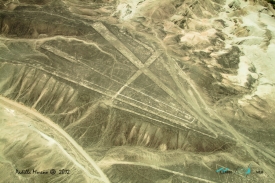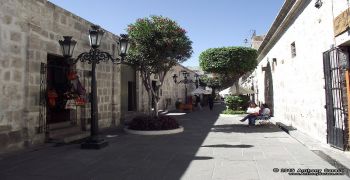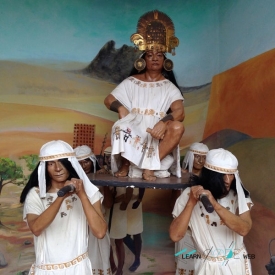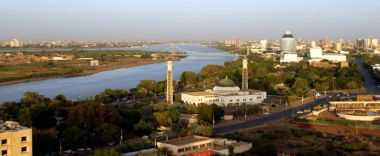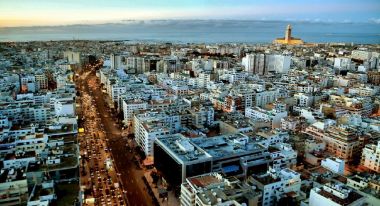ABOUT Sanctuary of the Great Gods
The Samothrace Temple Complex, known as the Sanctuary of the Great Gods (Modern Greek: Ιερό των Μεγάλων Θεών Ieró ton Megalón Theón), is one of the principal Pan-Hellenic religious sanctuaries, located on the island of Samothrace within the larger Thrace. Built immediately to the west of the ramparts of the city of Samothrace, it was nonetheless independent, as attested to by the dispatch of city ambassadors during festivals.
It was celebrated throughout Ancient Greece for its Mystery religion. Numerous famous people were initiates, including the historian Herodotus, one of very few authors to have left behind a few clues to the nature of the mysteries, the Spartan leader Lysander, and numerous Athenians. The temple complex is mentioned by Plato and Aristophanes.
During the Hellenistic period, after the investiture of Phillip II, it formed a Macedonian national sanctuary where the successors to Alexander the Great vied to outdo each other's munificence. It remained an important religious site throughout the Roman period. Hadrian visited, and Varro described the mysteries. The cult fades from history towards the end of Late Antiquity, when the temple would have been closed during the persecution of pagans in the late Roman Empire.
It was celebrated throughout Ancient Greece for its Mystery religion. Numerous famous people were initiates, including the historian Herodotus, one of very few authors to have left behind a few clues to the nature of the mysteries, the Spartan leader Lysander, and numerous Athenians. The temple complex is mentioned by Plato and Aristophanes.
During the Hellenistic period, after the investiture of Phillip II, it formed a Macedonian national sanctuary where the successors to Alexander the Great vied to outdo each other's munificence. It remained an important religious site throughout the Roman period. Hadrian visited, and Varro described the mysteries. The cult fades from history towards the end of Late Antiquity, when the temple would have been closed during the persecution of pagans in the late Roman Empire.



